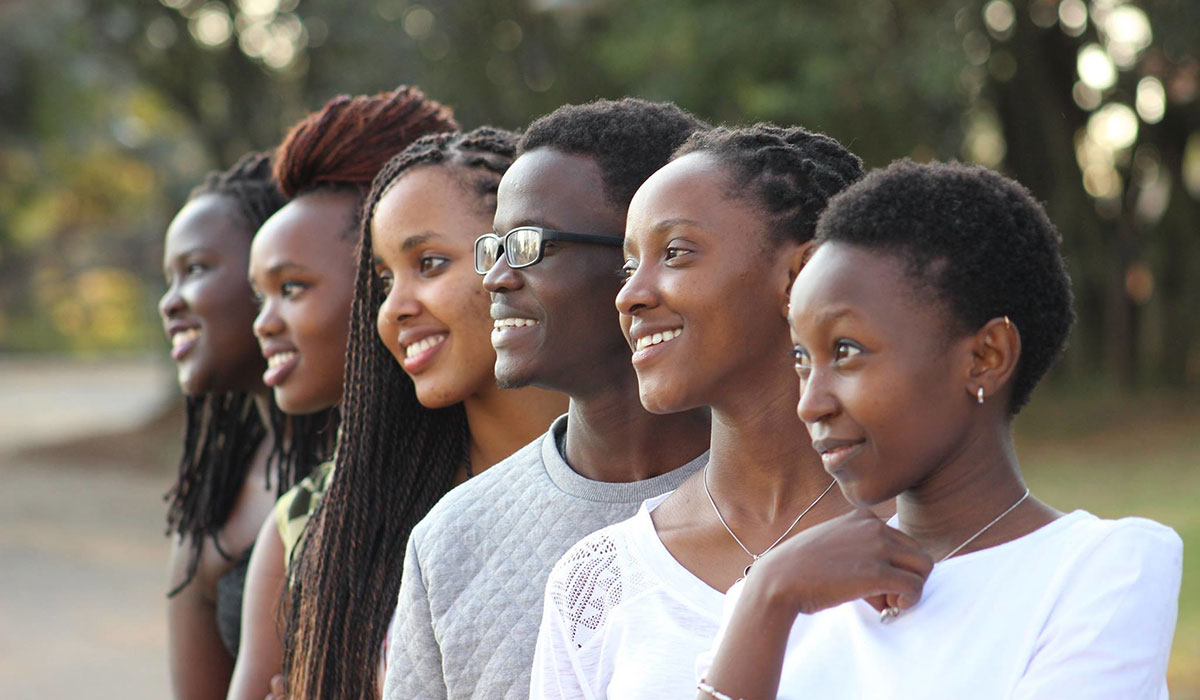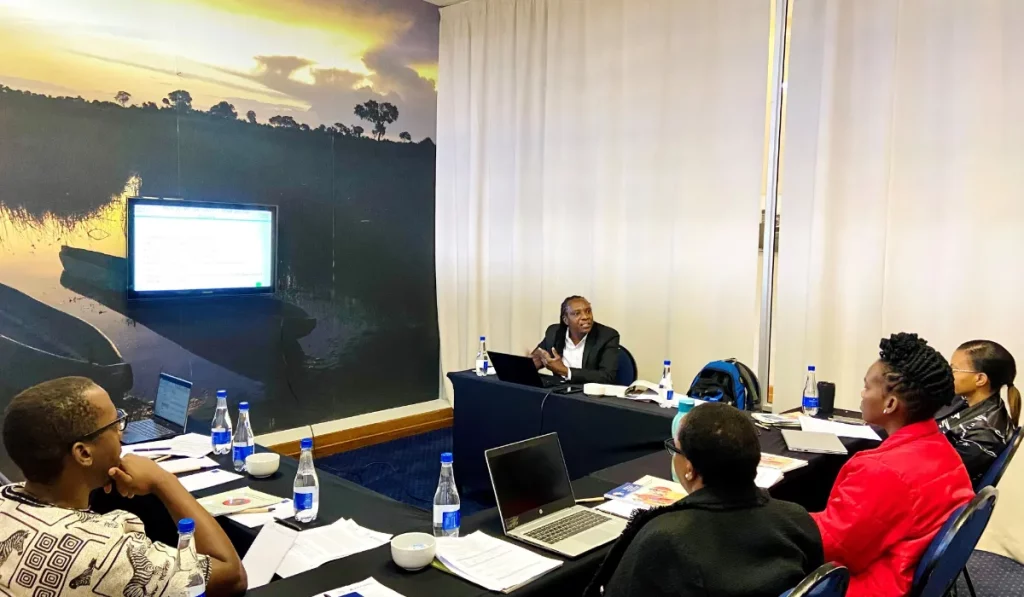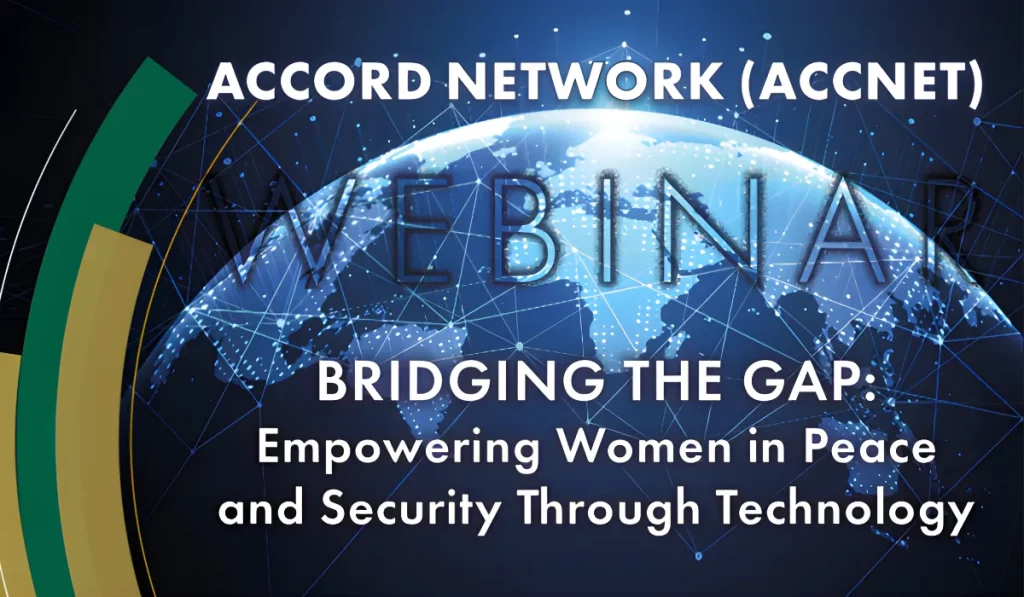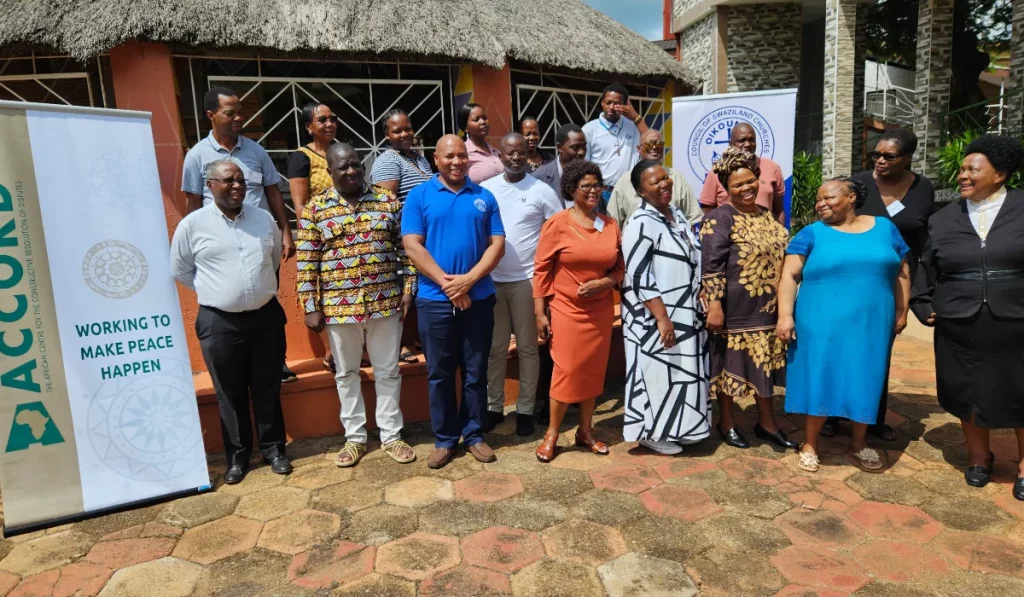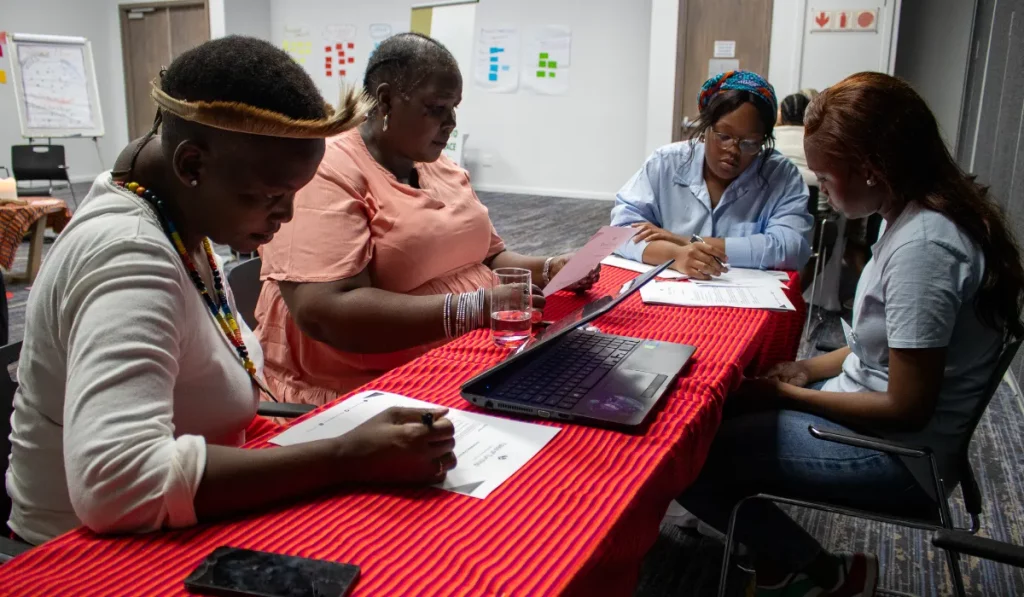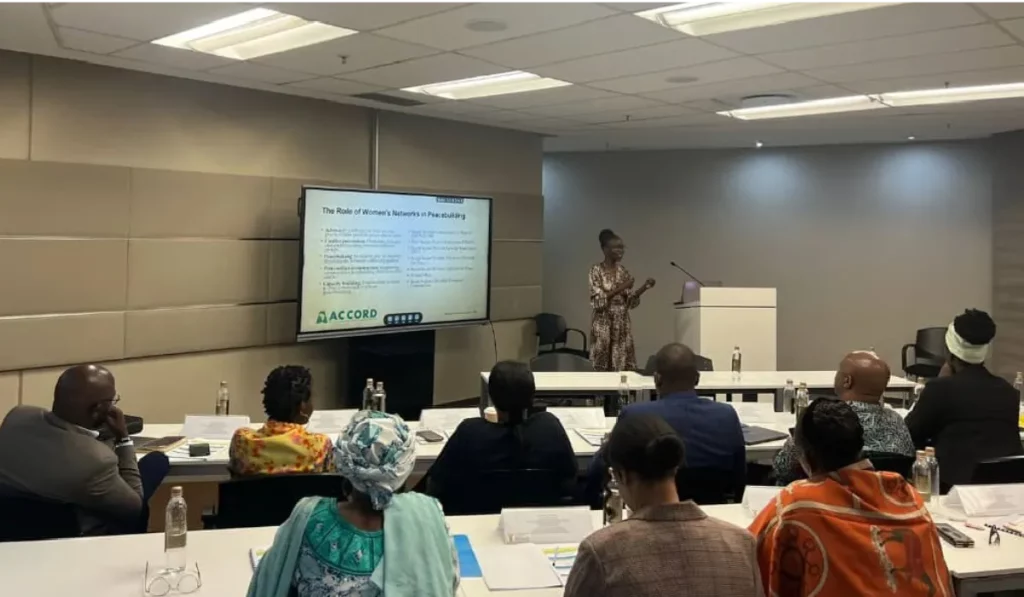On the 15 April 2021, ACCORD hosted a Knowledge Building Session on Negotiation and Mediation with a group of youth. This activity was a continuation of the Conflict Management Training they had received in Conflict Analysis training for the All-Africa Students Union (AASU), which was held on 24 and 26 February 2021. The knowledge session was designed to deepen the student leaders’ understanding on mediation and negotiation, provide practical case studies on how to use the mediation and negotiation skills at the community/local level and build an understanding of the challenges that occur in mediation and negotiations. Trainer Dr. Patrick Maluki, who is a senior lecturer at the Institute of Diplomacy and International Studies at the University of Nairobi, led the virtual event.
The knowledge session and the previous trainings with this group of youth were conducted in recognition that the role of African youth in society is slowly shifting from spectators, victims, and/ or agents of violence to being actors and agents of peace. Student leaders face a variety of instances in which they have to navigate conflicts. Their status in society is elevated and they are expected to occupy position of responsibility in life. This comes with expectations of rationality and ability to manage conflict peacefully in their respective universities. A good understanding of mediation and negotiation skills therefore enables university student leaders to effectively manage conflicts. The training therefore sought to contribute towards strengthening the capacities of student leaders to prevent and mitigate conflict at local level.
Dr. Maluki covered three broad areas in the training, including understanding mediation and negotiation, a case study on mediation and negotiation, and the challenges around mediation and negotiation. In building understanding on mediation and negotiation, Dr. Maluki differentiated between positions, interests and needs in negotiation, and spoke about the different styles of negotiation. He also spoke about the mandate of a mediator and the importance of an inclusive approach. In expanding on the challenges of mediation and negotiation, Dr. Maluki spoke about incompatible issues, clashing values and identities, disagreements over facts, historically negative relations, and logistical challenges such as limited resources and unclear or overlapping mandates. The case study was from the Bawumpila Community Forest Negotiations in Ghana, and helped highlight how all these factors come into play, and how challenges were handled and ultimately overcome in the negotiation and mediation process.
This training session was conducted in line with ACCORD’s commitment to strengthen local and national capacities for peace and increasing the role of youth in the peace processes.

